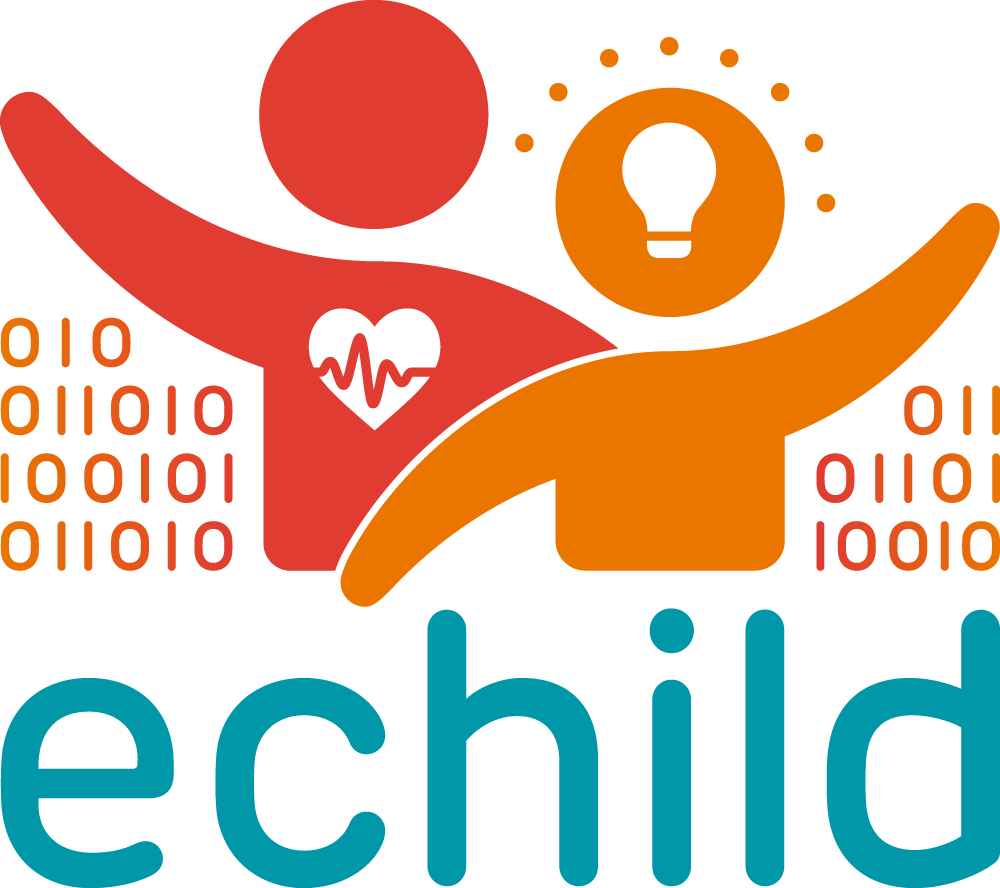Special educational needs provision in primary schools for children with major congenital anomalies - Evidence from the ECHILD Database
A new study using hospital and school records from ECHILD has found that children with a major congenital anomaly are more likely to have recorded Special Educational Needs (SEN) provision than those without these conditions. The proportion of children receiving SEN provision varies based on the type of major congenital anomaly, and has decreased since 2014, when there were major changes to the SEN system in England. These findings are important as they provide information for families and clinicians, supporting planning of SEN provision, and monitoring changes to SEN provision over time.
The study used ECHILD data for all children born in England between 1 September 2003 and 31 August 2013. Researchers identified major congenital anomalies using diagnoses in hospital admission records during the first year of life. They linked in information on school type using the Department for Education's “get information about schools” database.
These findings have been published as a data insights blog on the ADR UK website, by Kate Lewis on behalf of the Health Outcomes for People in Education (HOPE) study. The study describes the prevalence of recorded SEN provision in primary schools for children born with a range of abnormalities in England. It also examines the changes in the proportion of children with recorded SEN provision before and after the changes to the SEN system in England in 2014.
Next, the HOPE team will investigate whether pupils with similar characteristics have an equal chance of receiving SEN provision in schools across different regions of England. They will also explore whether characteristics of local areas and schools contribute to variations in provision across regions in England.
The full blog is available here.
